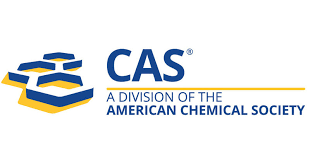A Study to Assess the Improvement in Pulmonary Function Tests after Septoplasty or Submucosal Resection of Nasal Septum
Keywords:
nasal septum, septoplasty, spirometry, quality of lifeAbstract
Deviated nasal septum (DNS) is the most common cause of nasal obstruction. A
narrow nasal airway would result in a decreased airflow in the lungs. Surgical
correction of deviated nasal septum by septoplasty or submucosal resection results in
alterations in the upper and lower airway resistance and improves nasal symptoms
and general quality of life (QOL). The improvement in pulmonary function tests can
be assessed with the help of this study. After obtaining the ethical committee
clearance, 60 patients who meet the inclusion criteria were enrolled in the study and
were asked to undergo pulmonary function test (PFT) like spirometry and 6 minutes’
walk test (6MWT) and fill the SNOT22 questionnaire before surgery. Septoplasty or
SMR was performed. Patients were followed up after 1 month and 6 months after
surgery and spirometry, 6MWT were done at that time. SNOT22 questionnaire was
filled. Different parameters of spirometry, 6MWD and SNOT-22 scores before and
after surgery were analysed. The mean age of the patients was 31.5 years.63.3%
patients were males and 36.7% were females. 65% had DNS to left, while 30% had
DNS to right side.5% had S shaped DNS. The mean difference in post-op and preop values was statistically significant for FEV1, FVC, FEV1/FVC RATIO, FEF25-
75% (P-value < 0.001). The overall mean percentage SNOT-22 Score was
decreased by 57.2. The overall 6MWD was increased by 6.80% after 6 months.
Considerable improvement was seen in the symptoms, QOL and exercise capacity.
.png)









